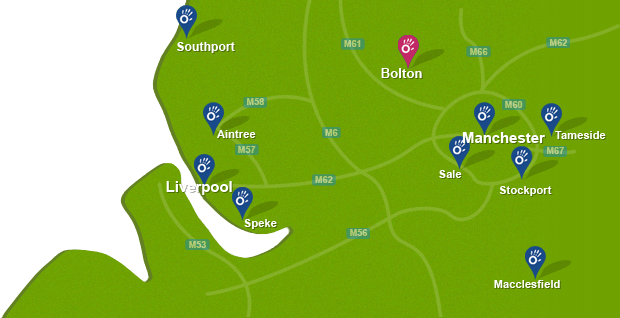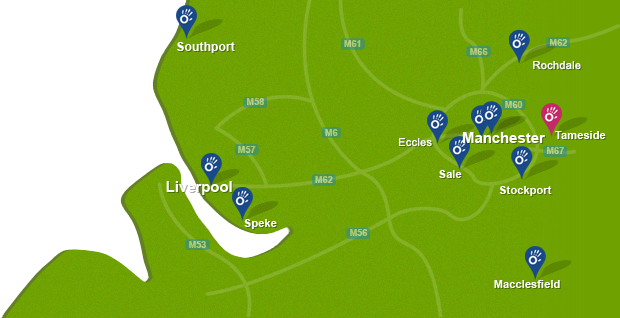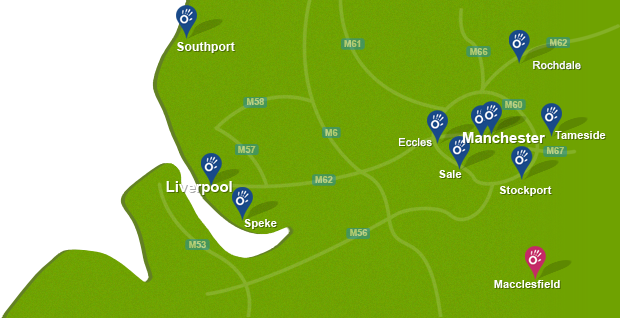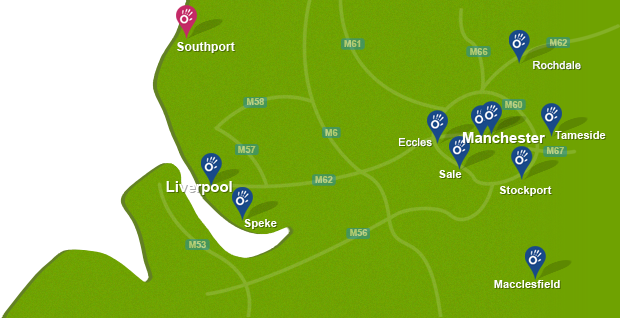Relaxation massage consists of gentle to medium pressure to the body, manipulating soft tissues to promote relaxation.
The relaxation response is the state of the heart and breathing rates going down. When the body begins to relax stress hormones decrease and muscles relax. During massage the body releases different hormones that have a therapeutic effect on the body. Massage increases endorphins, serotonin and dopamine which are the natural feel good chemicals that the body produces. Massage decreases the amount of cortisol and adrenaline which are stress hormones that cause depression and anxiety. Massage therapists at Manchester Physio provide relaxation massage therapy services to treat a range of conditions.
 Above: Percussion massage of latisimus dorsi for relaxation
Above: Percussion massage of latisimus dorsi for relaxationWhat types of massage are mainly used for relaxation?
At Manchester Physio our massage therapists use a variety of techniques for relaxation. Common techniques used for relaxation include: Massage to induce relaxation use a wide range of massage techniques. Many relaxing techniques are performed with light pressure that aim to increase temperature and blood flow, manipulate soft tissues and stimulate positive chemicals releasing in the body. Effleurage is a common massage technique to warm up the muscles and encourage venous and lymphatic return. An increase in venous return increases blood in the muscles allowing them to relax.

Another technique used for relaxation is kneading. Kneading can be performed softly or more vigorously depending on the pleasured effect. Kneading increases temperature and can stimulate an increase of blood in the muscles. Kneading is also used to compress, lift and squeeze superficial tissues, muscles or ligaments increasing elasticity. Other techniques used such as, cupping, rolling and petrissage also provide a therapeutic effect on the body by increasing the temperature and flow to the muscles.
What are the benefits of a relaxation massage?
Relaxation massage has many benefits. The benefits of relaxation massage include: Massage for relaxation has many benefits and can be used as an effective treatment for relaxation, decreased stress, reduced pain and muscular tension.
Massage is a beneficial treatment for emotional and physical relaxation. The strokes and manipulations of a relaxing massage produce a ?relaxation response? in the body. The relaxation response produces a state in which the heart and breathing rate slows. Massage is effective to improve mood and promote muscle relaxation.
Massage can also help to decrease stress. The relaxation response increases a release of feel good chemicals in the body, such as endorphins, serotonin and dopamine. Endorphins, serotonin and dopamine are neurotransmitters found in the brain. When these chemicals are released they have a positive effect on the body, improving mental state.
A benefit of a relaxation massage is decreased pain. When the body relaxes, pain is reduced. Massage helps to reduce pain by increasing temperature to the soft tissues, releasing endorphins and interrupting the pain cycle. Massage stimulates the release of endorphins. Endorphins also work as the body's natural pain killer. Endorphins reduce the intensity of pain in the body by naturally blocking signals produced by the nervous system.
Massage also helps by reducing muscular tension. Alongside relaxation, massage also provides mechanical responses. Massage increases blood and lymph circulation and relaxes muscle tissue. Relaxing muscle tissues can reduce painful contractions, spasms and reduce tension.
 Above: Rolling massage technique of adductor magnus and semimembranosus muscle for relaxation
Above: Rolling massage technique of adductor magnus and semimembranosus muscle for relaxationHow does a relaxation massage help?
Massage produces a therapeutic effect on the body and can have many health benefits. Massage helps the body to relax by increasing the release of hormones and increasing temperature of the soft tissues.
Massage helps by stimulating hormones in the body. The light pressure of massage stimulates the nervous system that increases different hormones in the body. Feel good chemicals such as, endorphins, serotonin and dopamine are released from the brain improving mood and increasing a sense of well-being. Endorphins also work as a natural pain killer helping to relieve minor aches and pains. Serotonin can help reduce depression, stress and anxiety.
Massage also helps produce relaxation by increasing temperature of soft tissues. Massage increases the temperature of the skin and increases capillarisation. Capillarisation is the increased amount of capillaries in the blood which increases more cellular exchange. Cellular exchange allows more transportation of oxygen and nutrients in the muscles. An increase of temperature and blood flow stimulates a deep relaxation response in the body. The physiological effect slows respiration down and decreases the heart rate allowing the body and muscles to relax.
Summary
Relaxation massage uses a combination of massage techniques to relax the body. Massage consists of gentle to medium pressure to the body, manipulating soft tissues and promoting a therapeutic effect. Massage stimulates the skin, increasing temperature and blood circulation. Massage also releases feel good hormones which produce a sense of well-being and improve mood. Massage can be used to decrease pain, reduce muscular tension and help maintain healthy muscles. Massage therapists at Manchester Physio provide relaxation massage therapy services to treat a range of conditions.
How can I arrange relaxation massage?
To arrange a relaxation massage at Manchester Physio, email us at office@manchesterphysio.co.uk or call 0161 883 0077.


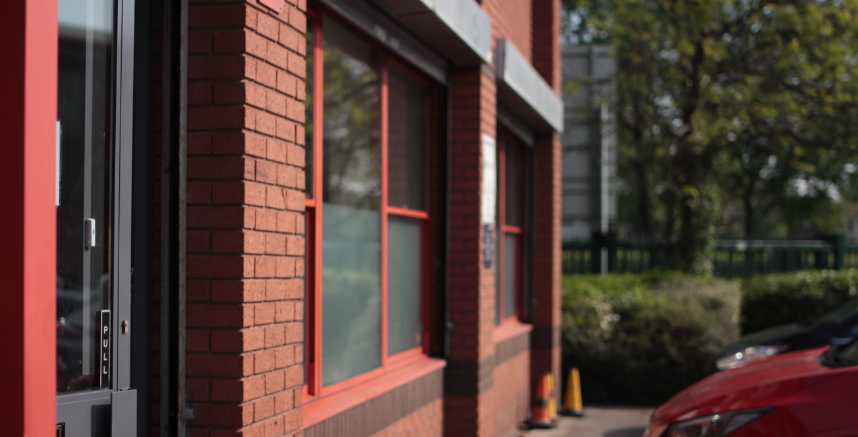
 0161 883 0077
0161 883 0077






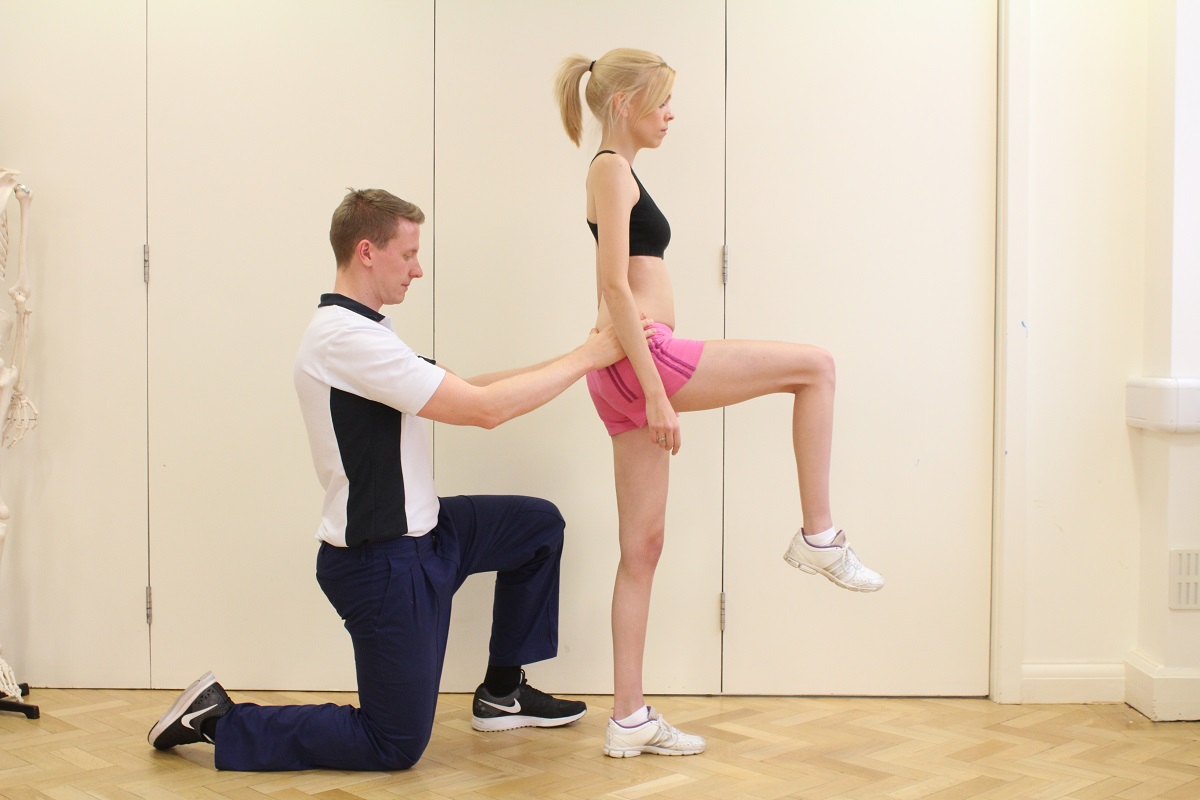
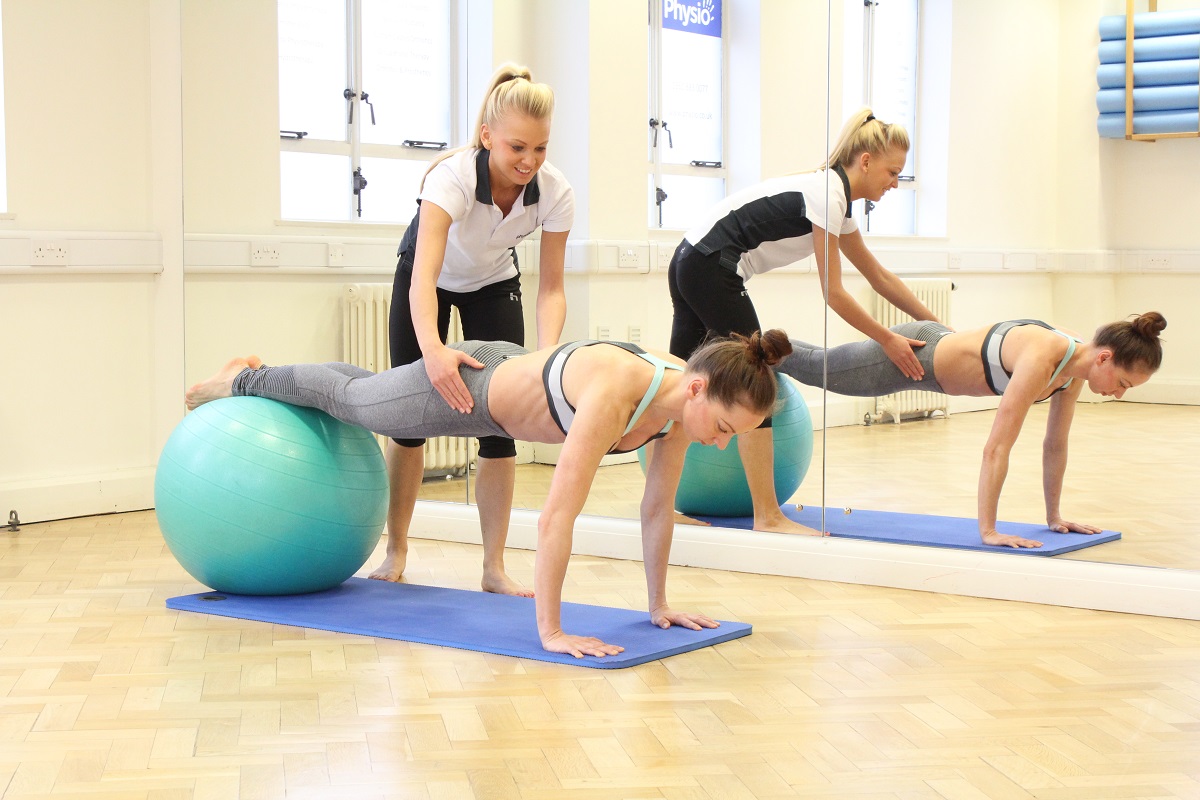
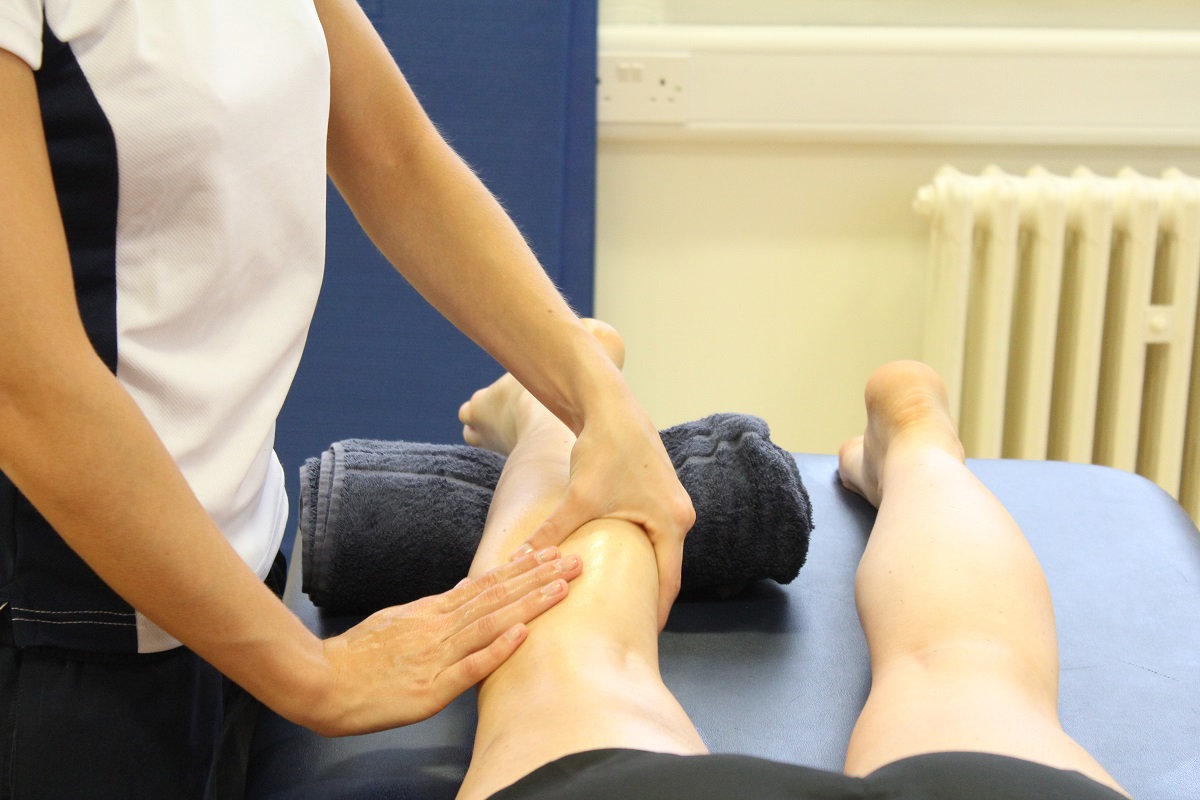
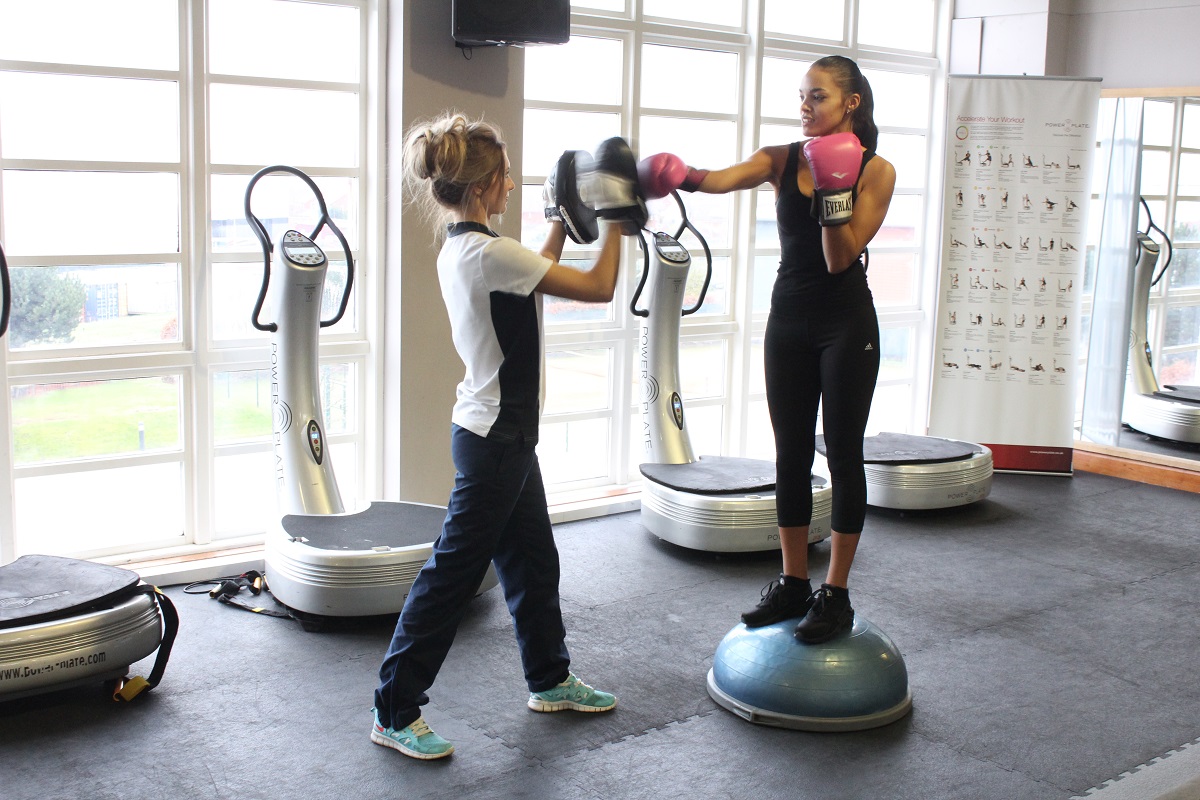


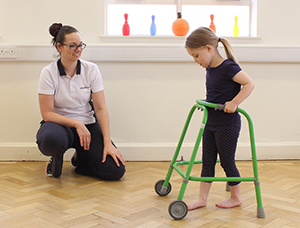
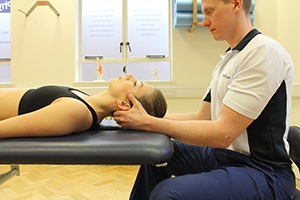































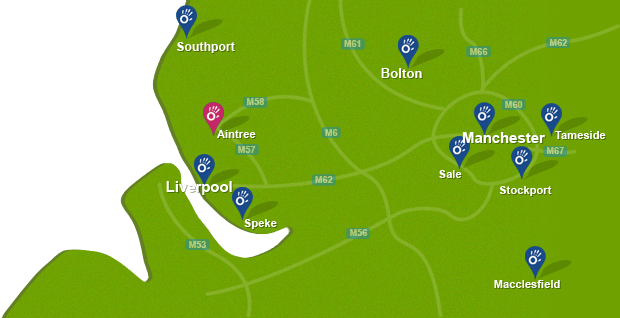

 f
f
